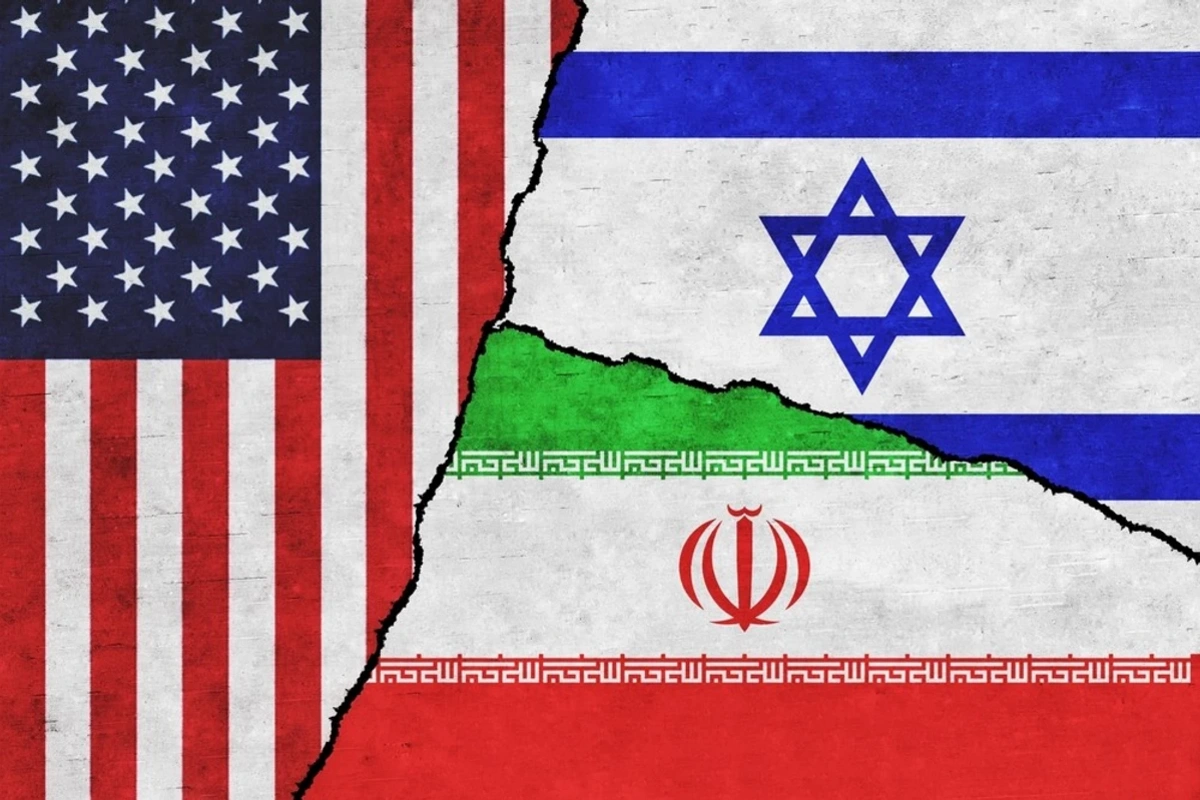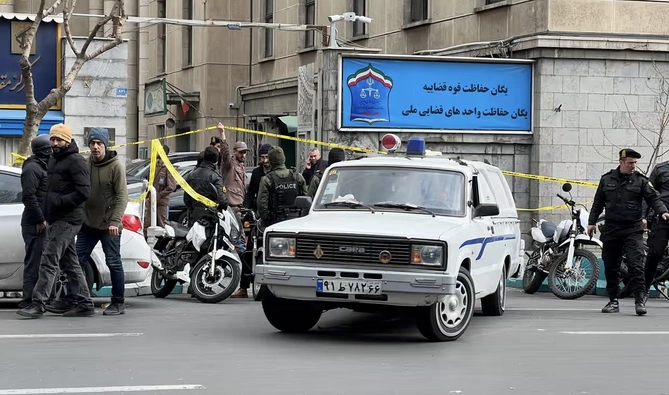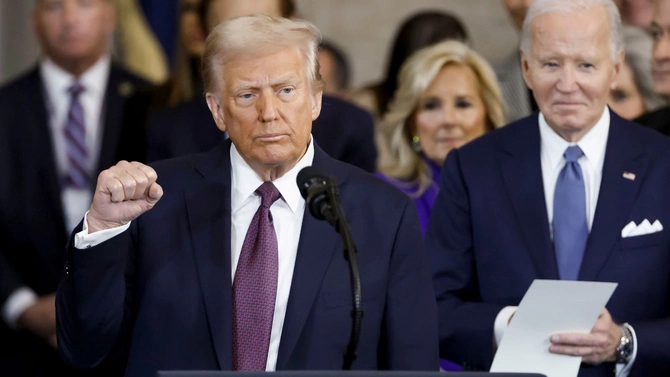
Photo: responsiblestatecraft.org
Prime Minister of Israel Benjamin Netanyahu canceled his previously planned trip to Washington for the inauguration of U.S. President-elect Donald Trump, which took place on January 20, 2025. Claims that this decision is linked to the International Criminal Court’s (ICC) lawsuit against the Israeli leader lack credibility, especially since Washington does not recognize the ICC's jurisdiction. It is more likely that an unofficial agreement was reached between the two politicians concerning the situation in the Middle East.
Notably, one of the first executive orders signed by President Donald Trump lifted restrictions on the supply of 2,000-pound aerial bombs, previously frozen by the Biden administration. These munitions can target underground infrastructure, as demonstrated in past operations against Hezbollah leaders. Recall that before eliminating Hassan Nasrallah, Benjamin Netanyahu repeatedly postponed his trip to New York. Only after the Israeli prime minister arrived there did the Hezbollah leader end up buried under the rubble of his bunker. In this context, certain conclusions suggest themselves. It is no coincidence that newly appointed Secretary of State Marco Rubio has affirmed that the new administration will be “the most pro-Israel in history.”
In addition to these bunker-busting bombs, there are plans to supply high-tech weapons systems and expand the range of military equipment available to Israel. Experts believe this would primarily include additional air-defense systems and new batches of combat aircraft. An increase in the supply of precision-guided missiles and munitions is also likely. Clearly, such large-scale arming of the Israel Defense Forces (IDF) serves far-reaching objectives, potentially targeting Iranian nuclear facilities. After Israel damaged Iran’s air-defense system in Syria in October 2024, the likelihood of this scenario has sharply increased.
According to an unnamed European diplomat speaking to Al Arabiya on condition of anonymity, an Israeli or American strike on Iran’s nuclear facilities could happen in the near future. Arab journalists assert that Donald Trump’s return to power is likely to significantly reshape U.S. policy regarding Israel, Iran, and the broader Middle East. Both Washington and Jerusalem are closely monitoring Iran’s nuclear program, suspecting that Tehran’s efforts have little to do with energy and are instead aimed at creating weapons of mass destruction. Diplomatic efforts to halt Iran’s nuclear development appear unlikely to succeed, given the leadership's ideological rigidity and disregard for human life.
Meanwhile, alongside external pressure, signs of growing internal opposition to the ruling regime are emerging within the Islamic Republic. On January 18, 2025, two “brave and experienced” judges were shot dead in the Supreme Court building. One of them was under U.S. sanctions. The state-run IRNA news agency reported that another person was wounded.

Photograph: WANA/Reuters
The victims, Ali Razini and Mohammad Moghisseh, handled cases involving “crimes against national security, espionage, and terrorism.” Their status in the regime’s hierarchy was underscored by Supreme Leader Ali Khamenei's attendance at their funeral. According to unconfirmed reports, Khamenei himself narrowly escaped an assassination attempt. Judiciary spokesman Asghar Jahangir confirmed in an interview with state television that “a man armed with a pistol entered the office” of the two judges and opened fire. All this points to both the poor performance of the security services and intensifying power struggles among various factions.
Furthermore, President Donald Trump’s return to the White House has fueled hopes for an internal transformation of the ayatollahs’ regime. Crown Prince Reza Kir Pahlavi has urged the United States and Western nations to back the Iranian people in their quest to overthrow the current regime. In his statement, he emphasized that the new administration under U.S. President Donald Trump offers Iranians hope for liberation from the Islamist dictatorship. The prince noted that the Iranian people could become “the best army” for the West in the fight against the Islamic regime. He underscored the necessity of external support to help Iranians organize strikes and protests more effectively, as occurred in the final stages of the Cold War. “Relations between Iran and the Jewish people date back to biblical times-they are among the friendliest. The people of Iran need support to better organize protests against the regime,” he stated.
Reza Pahlavi rejects any military intervention against Iran, arguing, “The best way to overthrow the regime is to support the Iranian people in their pursuit of freedom and democracy. As a patriot and a secularist, I cannot accept any military intervention against my country. I believe there is a far better way-this regime is afraid of its own people.” Pahlavi expressed hope for increased pressure on the Iranian authorities and called on the new administration to support the Iranian people in their struggle for freedom, noting that “Trump gives us a chance.” He also appealed to the international community to recognize the Islamic Revolutionary Guard Corps (IRGC) as a terrorist organization, emphasizing that the IRGC propagates terror both inside Iran and beyond its borders, financing and supporting groups such as Hamas and Hezbollah. According to Reza Pahlavi, Iran’s future lies in “true democracy” and a multi-party system, while clarifying that he has “no ambition to lead the country.”

AP Photo
Time will tell which scenario will play out. Arab journalists maintain that Donald Trump’s return to power will significantly alter U.S. policy in the Middle East. Recalling Washington’s tough stance toward the Islamic Republic during Trump’s previous presidential term, experts and diplomats anticipate that such a course will continue. Republican Senator Lindsey Graham stated that President Donald Trump should offer Israel the option of striking Iran’s nuclear facilities with Washington’s support. Advisors to the 47th president, including Pentagon officials, have already begun examining possible courses of action. Among them are pinpoint airstrikes against key sites such as the nuclear centers in Natanz, Fordow, and others.
Share on social media